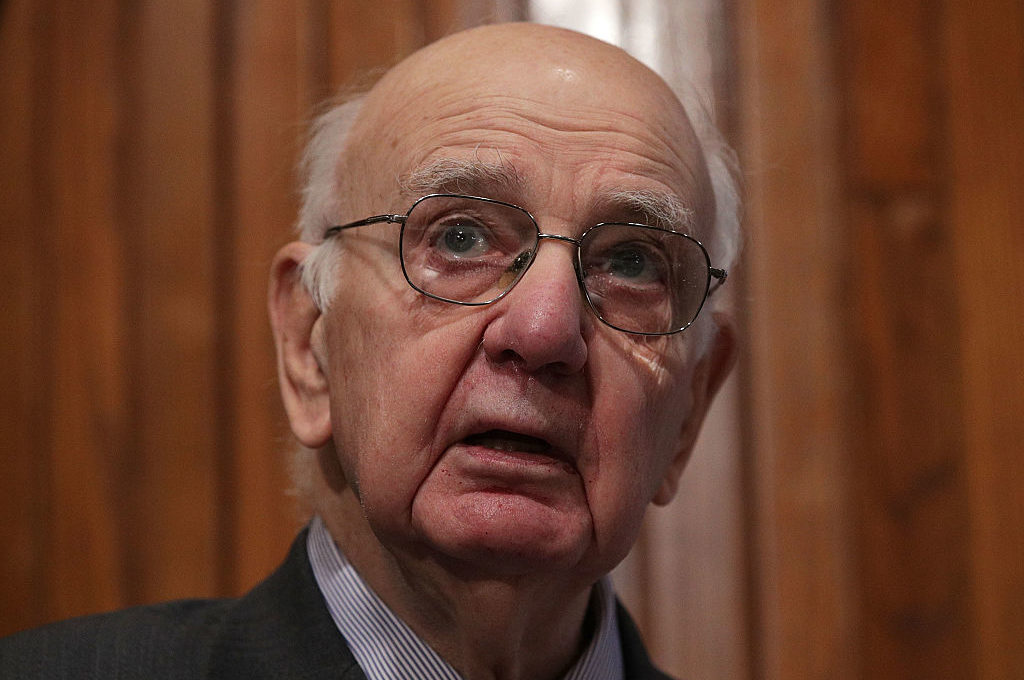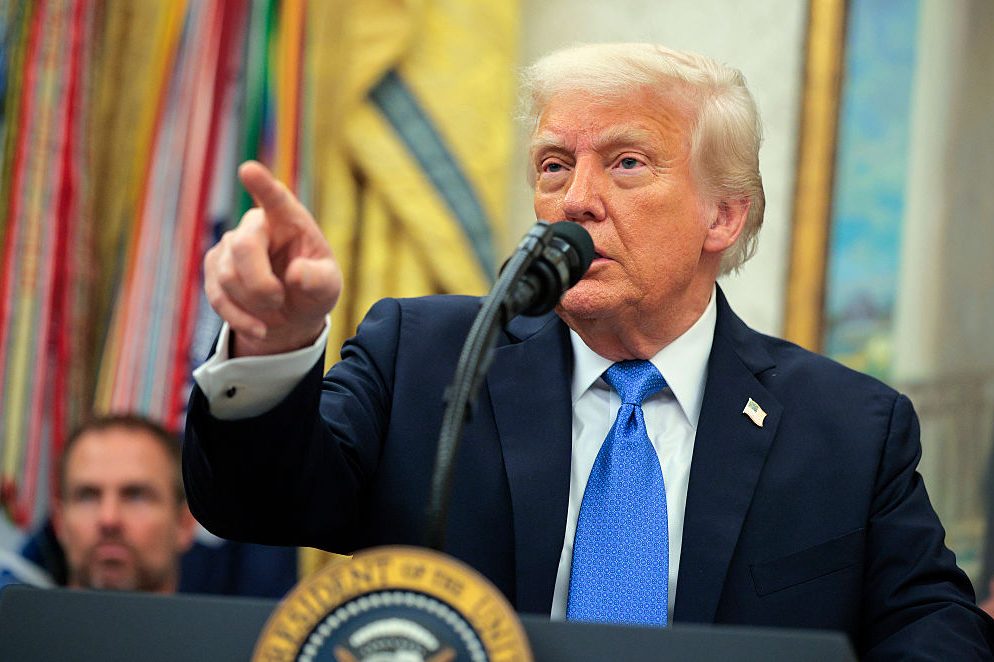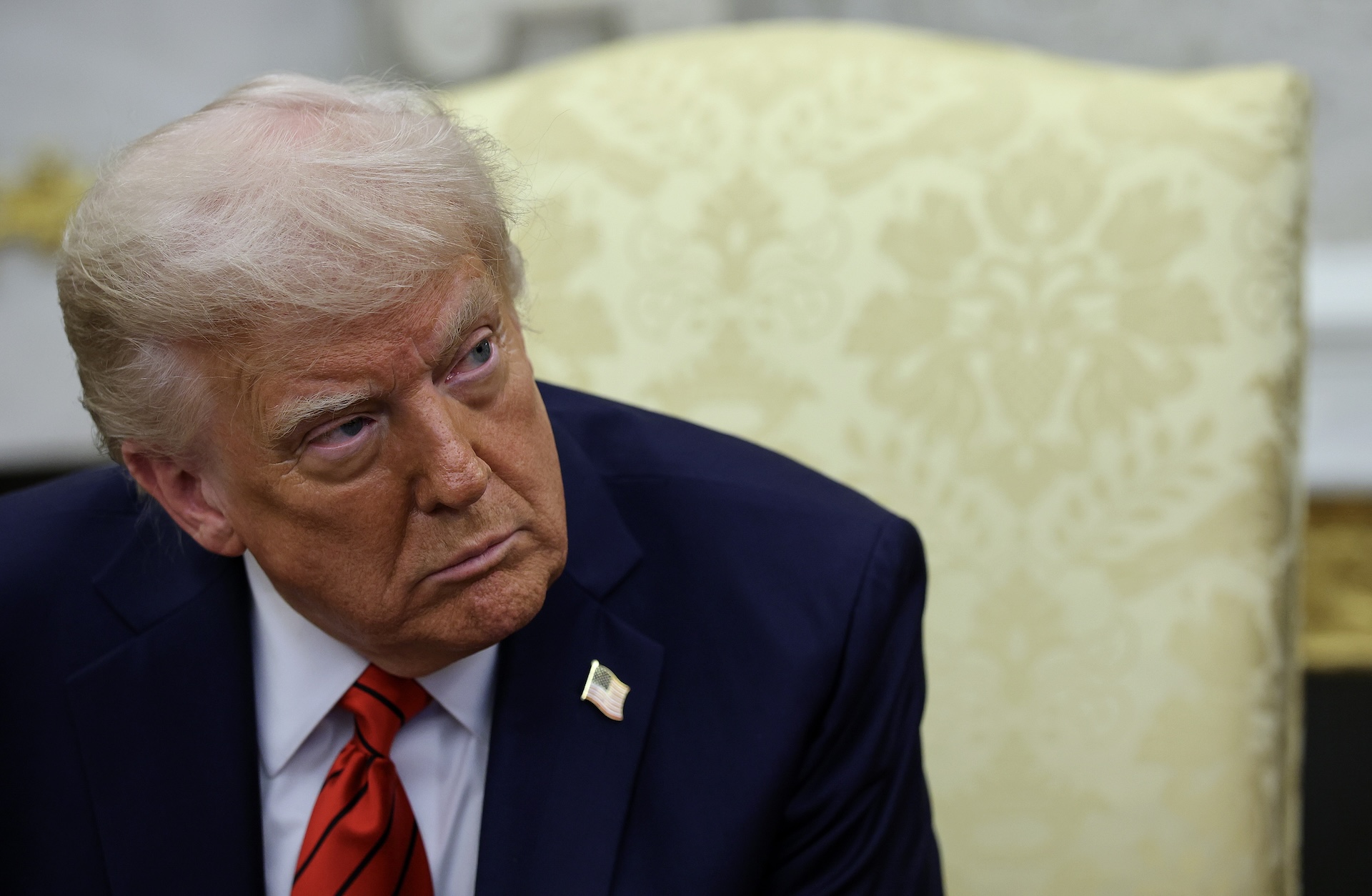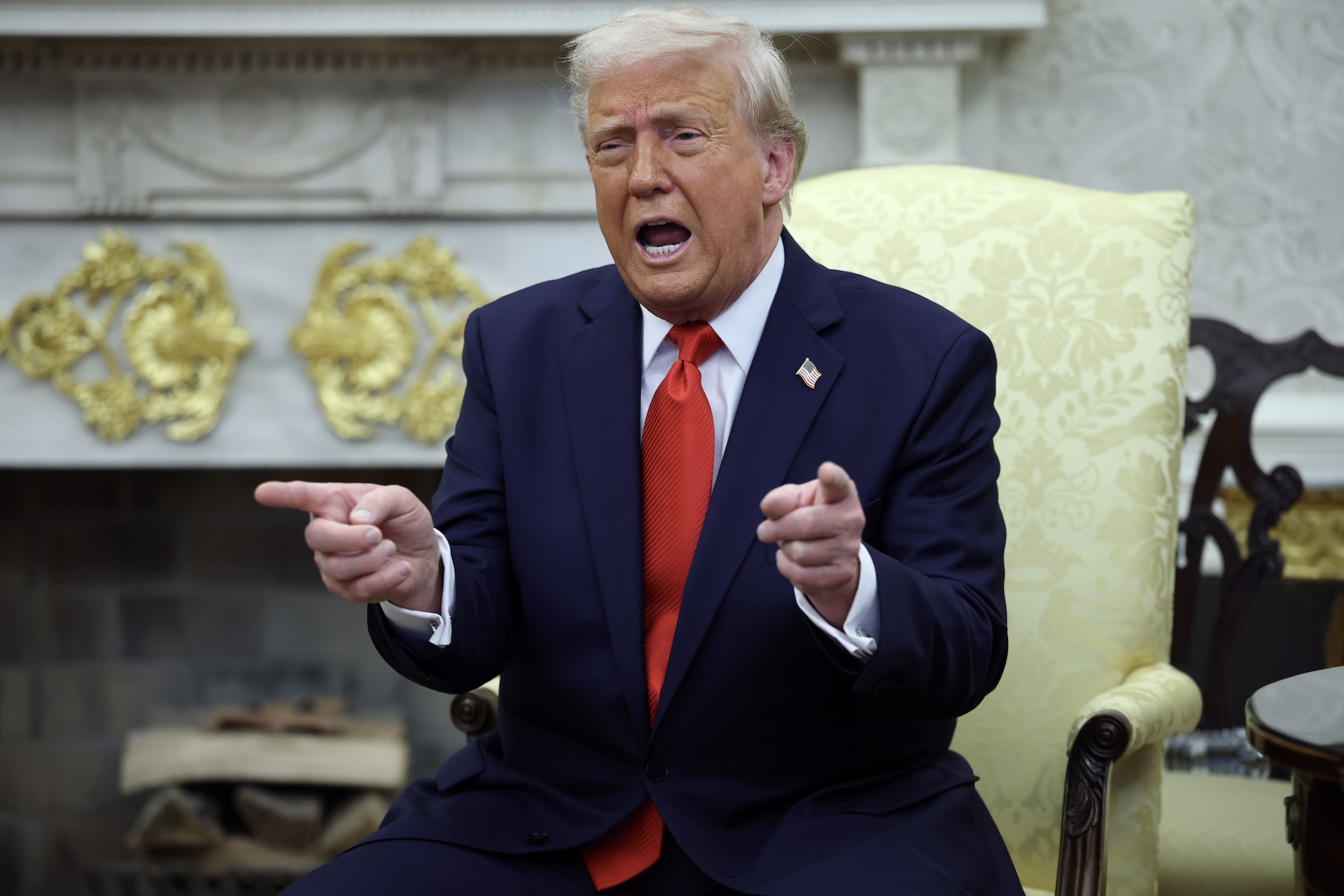Check out these hyperventilating headlines from last week: “What the Fed’s largest interest rate hike in decades means for you” (PBS.org). “Federal Reserve interest rate hike opens new era for economy” (Washington Post). “The Fed delivers biggest rate hike in decades to fight inflation” (NPR). “Fed goes for inflation’s jugular with 75bps rate hike” (Schwab).
While it’s true that the Federal Reserve has not hiked its funds rate by 0.75 percentage points in one go since 1994, the figure prominently missing from those bug-eyed bulletins, and bizarrely unmentioned in all the television news coverage of this ostensibly bold move that I encountered, is what the Fed raised its interest rate to: a miserable 1.5 percent.
In the classical economics that former Fed chairman Paul Volcker applied to subdue runaway inflation with such success in the 1980s, “going for inflation’s jugular” entails hiking interest rates above the rate of inflation. Thus after American inflation was pushing a stonking 15 percent in 1980, Volcker ratcheted interest rates to 22 percent. Grim, if you needed a mortgage. Still, that’s what genuine determination to shove the beast back in its cage looks like. Think episode seven of this season’s Stranger Things — flaming torches, axes, pikes and spears against (who’d have known the Duffer Brothers were amateur economists?) a truly ugly-ass monster.
In May, US annual inflation hit 8.6 percent. According to the Volcker model, the Fed should be aiming for a target rate of at least 12 percent. So what does our brave current Fed have planned? Interest rates may positively hurtle to 3.4 percent by the end of this year and reach a giddy, vertiginous zenith of 3.75 percent next year before cruising down to 2.5 per cent — job done, inflation safely in its cage at barely over 2 percent, God back in his heaven and all well with the world. As John McEnroe would say: “You cannot be serious.”
Well, they’re not serious. Because the Fed is fighting the Duffer Brothers’ monster with a toothpick.
Other central banks’ ordnance is even more pathetic. With UK inflation hitting 9 percent, the Bank of England’s interest rate is still a derisory 1.25 percent. Worse, with eurozone inflation equally horrific, the European Central Bank’s rate remains a negative 0.5 percent. But ooh-ooh: the bank announced that in July, after not having raised its rates for eleven years, the ECB is going to jack up its rate by a gargantuan 0.25 percentage points! Which will still leave the rate negative, as if Europeans need any help with getting their money to evaporate. But never fear, by September the ECB rate is expected to soar all the way to zero!
Regarding inflation, the real motto of western central banks seems to echo what lockdown skeptics were accused of secretly advocating during Covid: let it rip. Global indebtedness is more than three times global GDP. Who can pay even weeny interest on $300 trillion?
As for why inflation is surging, let’s skip blaming Putin (blame self-defeating western-wide energy policies instead) or supply-chain gridlock (blame self-defeating western-wide Covid lockdowns instead) and point the finger at the freaking obvious: profligate government spending and central banks’ grotesque expansion of the money supply (hint: related).
Behold — modern monetary theory, which supposes governments that control their own currencies can concoct money from thin air without limit and not suffer any disagreeable consequences, turns out to be just as stupid as it sounds. But the satisfaction for us classicists is thin gruel. Having been right all along doesn’t keep our savings from rotting, too.
It’s often said that inflation is a tax, but it’s worse than that. It’s theft — because you haven’t even got the farcically incidental governmental services that your taxes supposedly buy to show for your forfeiture.
Inflation is a violation of contract between the citizenry and the state. When the rates rise high enough, such rank betrayal invites what politicians euphemistically call “social unrest” and I call “collapse.” See: Indonesia.
If you work for a living, you do so in good faith that you trade your labor — and your time, your precious time, the only genuine hard currency of your life — for a medium that has an identifiable value and can be exchanged for the goods and services you need. Accordingly, people who have earned their savings regard their money as wholesome money. As real money. Because it represents all that work, and the work was real; why would you exchange real work for fake money that doesn’t buy anything? For earners, money is hard to come by and painful to relinquish. For earners, money is meaningful.
Yet all this time, and especially in the past twenty years, there has been a shadow world — an upside-down world, to maintain our Stranger Things theme — in which money is a toy. Vast sums easy-come and easy-go. For folks in the finance industry, money is an abstraction. It doesn’t correspond to effort and time. It’s numbers, like those columns of digits on Scrabble score-keeping cards that hardly matter once the game is finished. The same can be said of central bankers. They can conjure trillions by tapping a few keys. It’s not especially exhausting. Unfortunately, the toy money these people play with messes with your seemingly real money, your meaningful money, and has the capacity to turn all that work to ash.
When inflation takes off — and this is not some act of nature; today’s inflation, the direct result of particular decisions by people in power, was perfectly predictable and plenty of proper economists besides my dilettante self did indeed predict it — you earners have been had. You’ve been lied to. Your trust has been taken advantage of, your naivety exposed.
The joke is on you. Your effort has been irretrievably expended; your time is gone for ever. And you’re left with a big ha-ha in return, as if a burglar has cleaned out the valuables from your private safe and mockingly left behind a wilted gardenia from your own garden.
This article was originally published in The Spectator’s UK magazine. Subscribe to the World edition here.

























